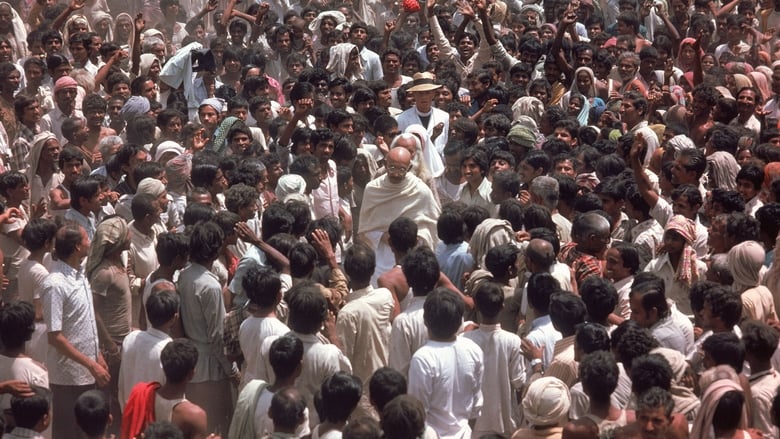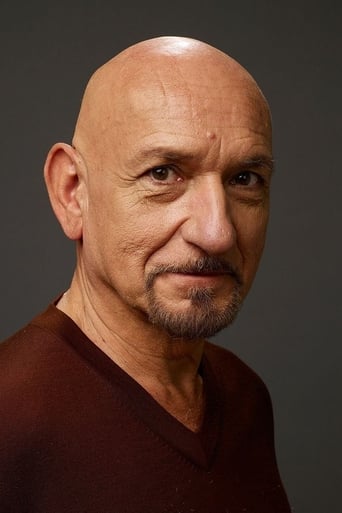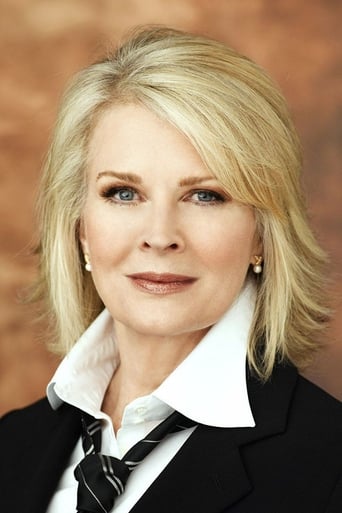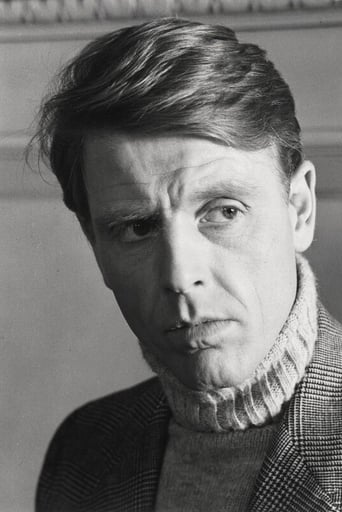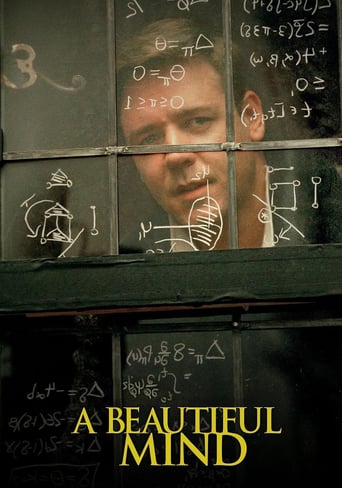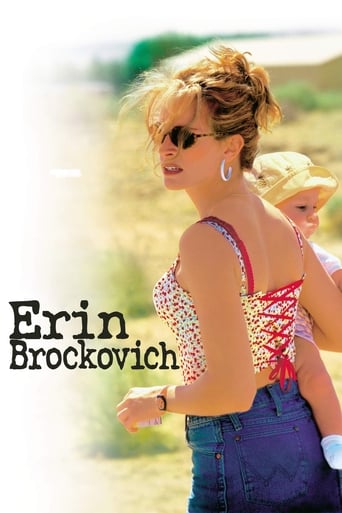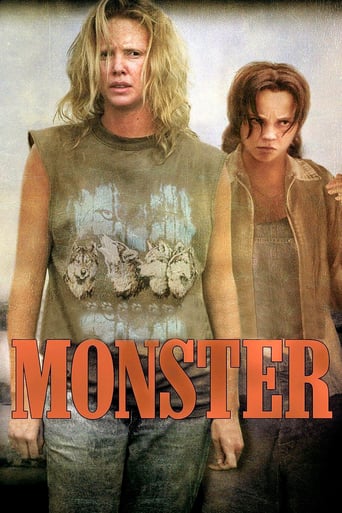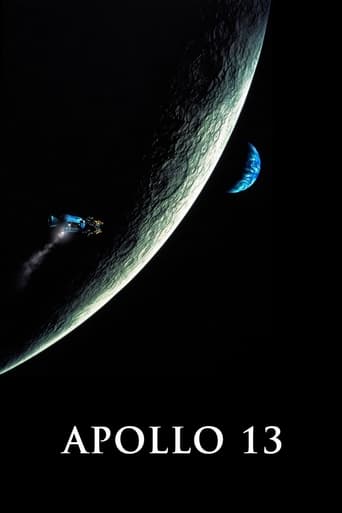Gandhi (1982)
In the early years of the 20th century, Mohandas K. Gandhi, a British-trained lawyer, forsakes all worldly possessions to take up the cause of Indian independence. Faced with armed resistance from the British government, Gandhi adopts a policy of 'passive resistance', endeavouring to win freedom for his people without resorting to bloodshed.
Watch Trailer
Cast


Similar titles
Reviews
Well, it's only been 36 years since this film came out and i finally got to watch it. It's long,, very long. But fills the time easily. It's probably that last movie ever made where you see an actual 'intermission' on screen. This is an epic of epic proportions, that's for sure. Shot in an old style of film making similar to David Lean. Ben Kingsley superb in the title role. He does Gandhi better than Gandhi,! The rest of the cast is also amazing. This must be considered one of the great epics.
The 1982 film "Gandhi", written by John Briley and produced by Richard Attenborough, tells the story of Mahatma Gandhi's life.At the beginning of the film we witness Gandhi's assassination from the perspective of the assassinator. I really liked that scene because the viewers get to see the assassination through his eyes, including Gandhi being shot. However, the scene wasn't fully shot from the assassinator's perspective. The viewers also get to see his face in a close up and someone who appears to be his accomplice. To me this scene has some kind of deeper meaning, especially when taking into consideration how the movie ends but I will get to that later on. Another thing I like about this opening scene is that the assassinator and his accomplice appear a few times throughout the movie. I think that's a nice detail and to me it seems like a metaphor, showing both, Gandhi's followers and opponents in the same scene without them actively having a conflict.The movie then goes back to 1839 when Gandhi, being a middle aged father and lawyer, gets confronted with the unfairness of society in South Africa. He is thrown off of a train because he sits in a train compartment which he isn't allowed to sit in. I liked that scene because it gives the viewers a first impression on Gandhi's personality in comparison to the construct of society at that time.After that the movie is filled with many powerful scenes showing the peaceful protest against the violence of the British police, as well as the violent conflicts between Hindus and Muslims. Another thing that I liked about the movie is the development of Gandhi and his growing audience. While at the beginning of the film we see Gandhi in a suit talking to a handful of people, at the end we see him in his simple white clothes followed by an uncountable amount of people. In addition to that, I think the scenes of his fasts and his time in prison are really impressive, not only because of the way Gandhi handled the situation but also the people around were really emotional. There's one part of the movie which I think is really precious and adds some nice details to it. By that I mean Gandhi's relationship to his wife. I absolutely adore the way the movie shows that Gandhi is still just human like everybody else, even though he did such impressive things. It is shown that he cares for his wife and stays by her side all the time, though he had some inner conflicts about that at the beginning of the movie. Their love seems so pure and honest which to me is a balance to the way Gandhi is presented throughout the rest of the film. Especially when she dies the movie seems to only focus on that for a few minutes. This is also the only scene when Gandhi cries. He smiles a lot throughout the movie even in the most difficult situations but in that scene he is shown as a man losing his wife and nothing more than just that. This is why this is one of my favourite scenes in the film. However, there are some scenes in the movie that bother me. One thing I didn't like about the movie is that there are some scenes where the characters would just a have talk for a while which made me lose interest in the movie a few times because the characters seemed to repeat themselves a lot instead of having short, impressive scenes which the viewers actually keep in mind. Another thing I don't particularly like is that sometimes the movie seems to show Gandhi as some kind of god. It is in fact true that many people saw him as a hero but sometimes it was simply too much of praise because it wasn't necessary for the viewers to see that over and over again.At the end of the movie we get to see the assassination scene again but this time from the perspective of Gandhi. Like I said before I think that scene is really impressive especially when comparing the beginning and the ending of the film. It is basically the same scene but we get to look through Gandhi's eyes. It is slightly different to the first scene because we get so see the last steps Gandhi takes as well as the last thing he sees and his last words, when at the beginning of the movie we see the way the assassinator takes and his perspective on it which is why at the end, instead of showing Gandhi's death again, the screen turns black and we hear his last words. I really like how the movie presents those two perspectives because it shows both, the part that loved Gandhi and the part that wanted to see him dead. All in all, I can say that I enjoyed the movie not just because of the story showing Gandhi's life but especially because of the little details which really turned the movie into this impressive piece of art. I would absolutely recommend that movie to anybody who wants to see the historical facts about Gandhi within a biographical drama movie.
These are Gandhi's words when Hindus and Muslims are killing each other in the 1982 biographical drama "Gandhi" about the man who freed India.It was written by John Briley and produced and directed by Richard Attenborough. Mahatma Gandhi's message of non-violent resistance, called Satyagraha, is displayed in a very interesting and convincing way. I think this movie has already made a lot of people aware of Gandhi's good deeds not only for India. This man did not only free India but he also brought a lot of attention on how the British treated their colonies. The movie shows this in an entertaining way and is an important historical memory at the same time.Even 45 years after its release, the cinematography of "Gandhi" is still kind of breathtaking. From its countryside to big cities like Calcutta, Attenborough portrays many different aspects of India very well. He even used real Indian people for the many crowded scenes. Almost every scene in this movie has something spectacular to it. Attenborough won both the Academy Award and Golden Globe for best direction.Gandhi is played by Ben Kingsley, who was an unknown actor at that time. Kingsley did not only play him, he became Gandhi. Deservingly he won both the Academy Award and Golden Globe for best actor.All in all, I can only recommend watching "Gandhi" as it just is a wonderful movie with a great atmosphere. It is a film which describes the various characters very well and is also beautifully produced by Attenborough. I would say it is a must-watch for everyone enjoying a well-written story line with historical context and nice character description.
The film begins on the day of Gandhi's assassination on 30 January 1948. After an evening prayer, an elderly Gandhi is helped out for his evening walk to meet a large number of greeters and admirers. One of these visitors, Nathuram Godse, shoots him point blank in the chest. The film then cuts to a huge procession at his funeral, which is attended by dignitaries from around the world.The early life of Gandhi is not depicted in the film. Instead, the story flashes back 55 years to a life-changing event: in 1893, the 23-year-old Gandhi is thrown off a South African train for being an Indian sitting in a first-class compartment despite having a first-class ticket.Realising the laws are biased against Indians, he then decides to start a nonviolent protest campaign for the rights of all Indians in South Africa. After numerous arrests and unwelcome international attention, the government finally relents by recognising some rights for Indians.


